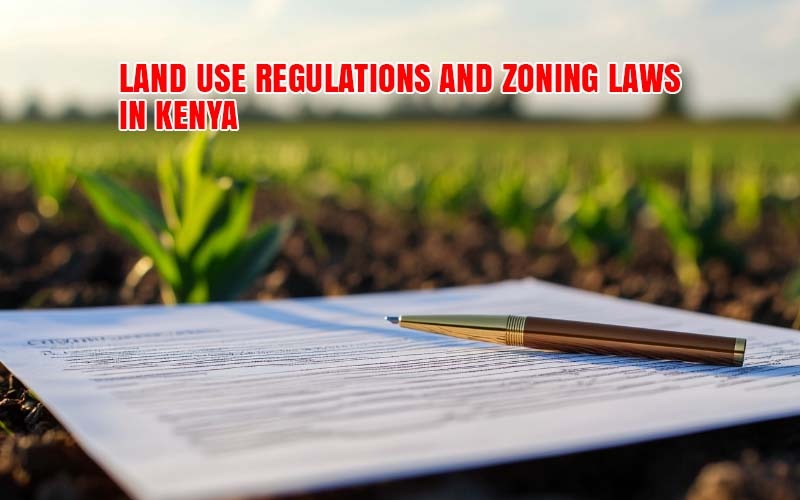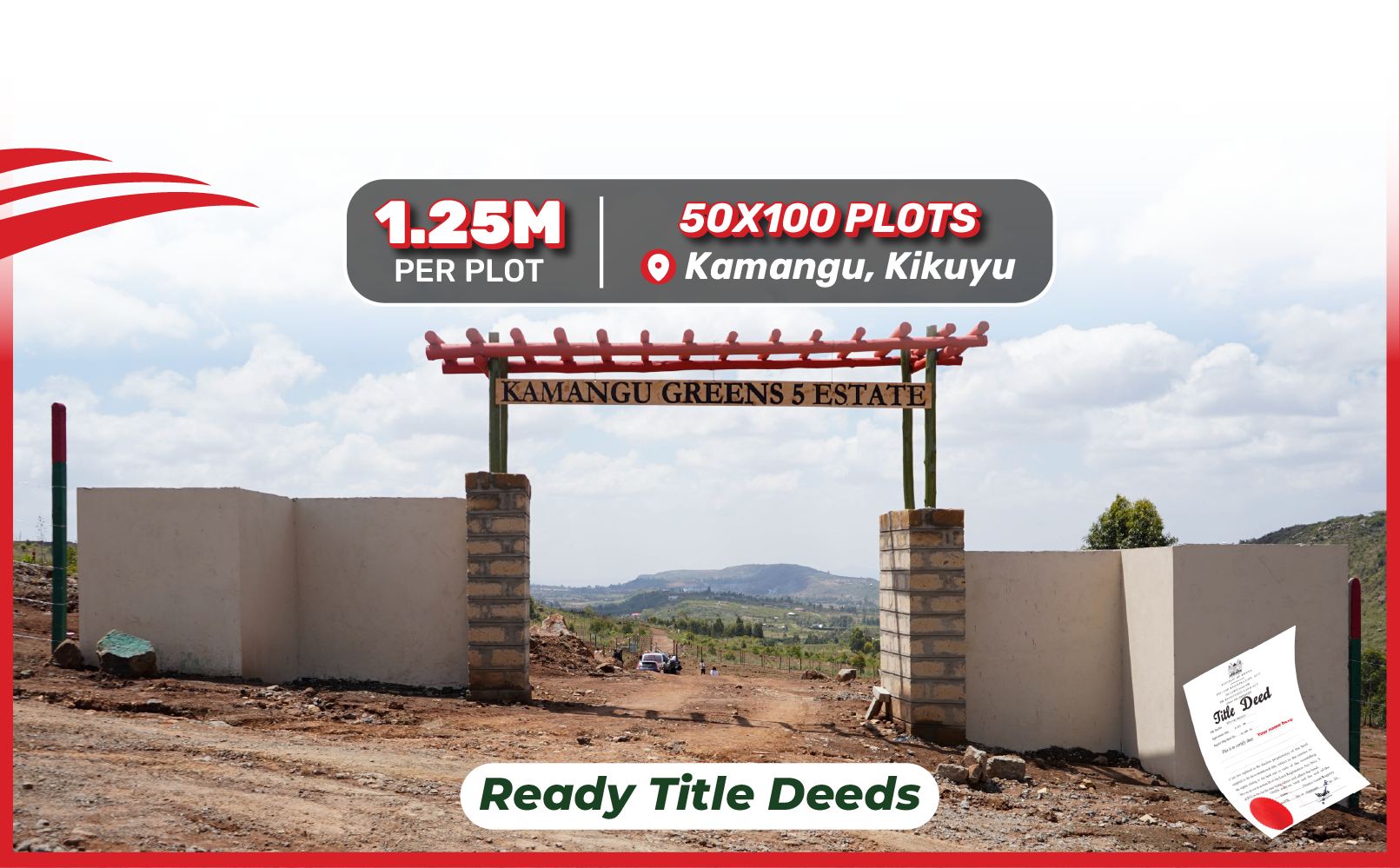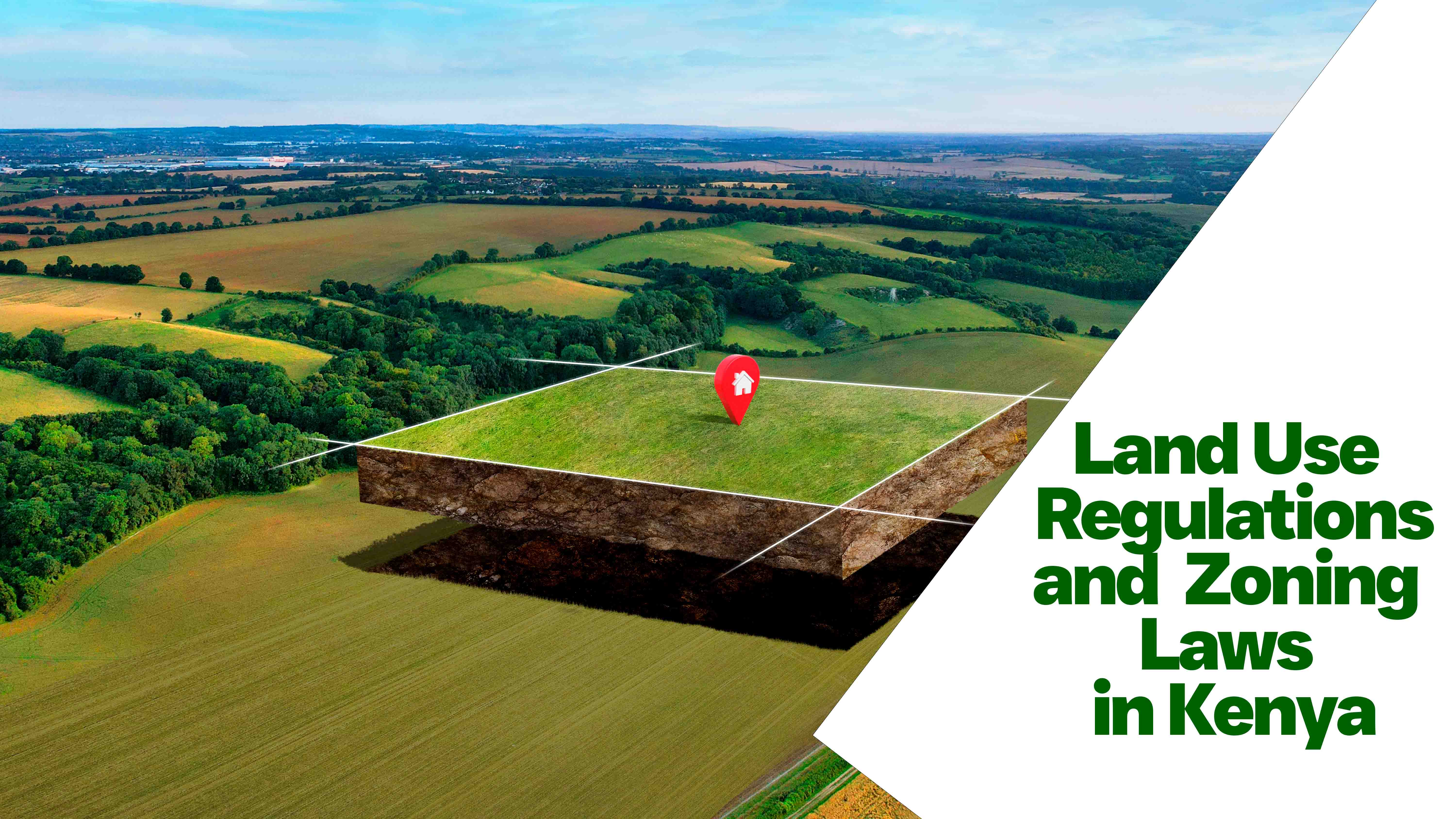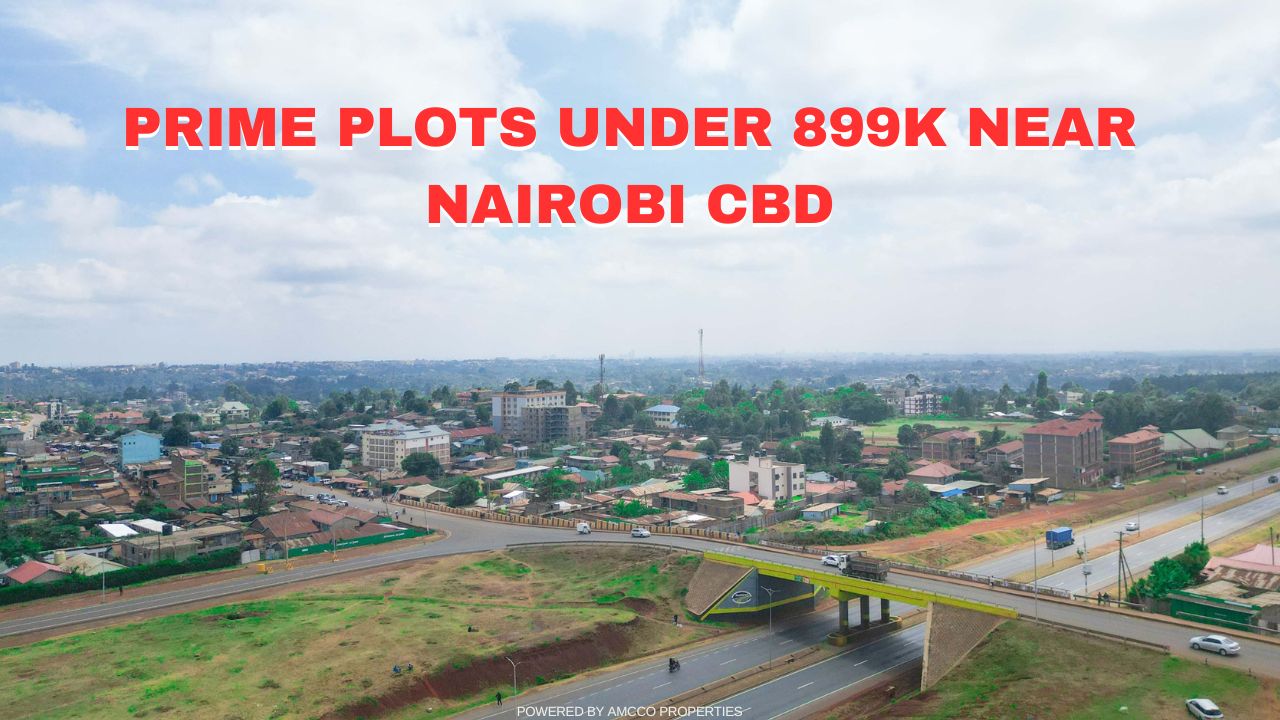Land use regulations in Kenya are laws and policies that govern how land can be utilized. These regulations ensure sustainable development, orderly urbanization, and environmental conservation.
They are primarily guided by the Constitution of Kenya (2010), the Physical and Land Use Planning Act (2019), and county-specific zoning regulations.
Before buying land, it is importance to understand the laws and regulations guiding the acquisition and use of that particular land to avoid running into legal headwinds. It is imperative to note that not every land is available for sale, and not every land can be used by the purchaser in the manner they deem fit.
Key provisions on land use and regulations in Kenya are captured in the constitution of Kenya (2010), relevant Acts of Parliament and Zoning regulations.
1. The Constitution of Kenya (2010)
The Constitution classifies land into three categories:
Ø Public Land
Refers to land owned by the state and used for public purposes. Article 62 of the constitution defines public land as:
(a) land which at the effective date was alienated government land as defined by an Act of Parliament in force at the effective date;
(b) land lawfully held, used or occupied by any State organ, except any such land that is occupied by the State organ as lessee under a private lease;
(c) land transferred to the State by way of sale, reversion or surrender;
(d) land in respect of which no individual or community ownership can be established by any legal process;
(e) land in respect of which no heir can be identified by any legal process;
(f) all minerals and mineral oils as defined by law; all roads and thoroughfares; all rivers, lakes and other water bodies as defined by an Act of Parliament; the territorial sea, the exclusive economic zone and the sea bed
Public land cannot be bought or sold to an individual. It is fully owned by the public and administered by the government. However, there is a lease option where one is allocated a parcel of land for a certain period of time with the option to renew it.
This is why it is important to understand land regulations and zoning rules.
Ø Private Land
Refers to land owned by an individual, group of individuals or legal entities like companies. This land can be sold, leased or bought at will.
Article 64 specifies that private land consists of:
(a) registered land held by any person under any freehold tenure;
(b) land held by any person under leasehold tenure; and
(c) any other land declared private land under an Act of Parliament
Ø Community land
This land is owned communally by a group of people who share a common ancestral origin. Traditionally, this land was not supposed to be sold but rather transferred from one member of the community to another, e.g., a father to a son. However, with the advent of new laws and regulations, provisions have been adopted to enable the transfer of ownership of community land.
For instance, Section 8 of the Community Land Act states that a county government shall not sell, dispose of, transfer, convert for private purposes, or dispose of any unregistered community land that it is holding in trust on behalf of communities for which it is held.
Section 21 (1) of the same Act states that community land may be converted to public land by (a) compulsory acquisition, (b) transfer, or (c) surrender.
Section 21(2) stipulates that a registered community land may, subject to the approval of the registered community, be converted to private land through (a) transfer or (b) allocation by the registered community, subject to ratification of the county assembly.
Ø Riparian land
The Environmental Management and Coordination Act 2015 defines riparian land as being a minimum of 6 metres and up to a maximum of 30 metres on either side of a river bank from the highest watermark.
This land is not available for sale and any structure built on it is subject to demolition.
2. Relevant Acts of Parliament
· Land Act (2012)
This Act provides guidelines on how land should be administered and managed.
For instance, it provides for land registration, leasehold tenure, and land use planning regulation.
· Land Registration Act (2012)
This Act outlines the processes for land registration, ensuring secure land tenure and accurate record-keeping. For instance, it mandates that all land transactions, including transfers and leases, be registered to be legally recognised.
· National Land Commission Act (2012)
This Act establishes the National Land Commission (NLC), which oversees land management and advises on land policy. The NLC is responsible for reviewing past land injustices and making recommendations for restitution.
· The Physical and Land Use Planning Act (2019)
This Act provides a legal framework for land use planning in urban and rural areas. It mandates county governments to regulate zoning and ensure compliance with land use policies.
· Urban Areas and Cities Act (2011)
This Act provides for the management and governance of urban areas and cities in Kenya, including zoning regulations.
3. Zoning Laws in Kenya
Zoning laws control how land is used in different areas to promote organized development. These laws categorize land into:
Residential Zones: These are areas reserved for residential homes and apartment buildings.
Commercial Zones: Areas aesigned for businesses, offices, and shopping centers.
Industrial Zones: Areas allocated for factories and manufacturing industries.
Agricultural Zones: These are lands reserved for farming and agribusiness.
Mixed-Use Zones: Areas allowing both residential and commercial activities.]
Why Is Land Use and Zoning Laws Important?
These laws are relevant especially for investors interested in buying land because they:
· Prevent land disputes by clearly defining land ownership and usage.
· Ensure environmental conservation through proper land use planning.
· Enhance property value by maintaining orderly development.
· Promote investment opportunities through structured land allocation.
· Support infrastructure development by ensuring roads, schools, and hospitals are strategically planned.
For more information regarding land transactions and regulations, contact AMCCO Properties Limited via 0701 293 199
· You can also take advantage of the company’s newly launched VR services and enjoy the breathtaking view of all the properties on sale from the comfort of your couch. All you need is to follow this link https://virtual.amccopropertiesltd.co.ke/




